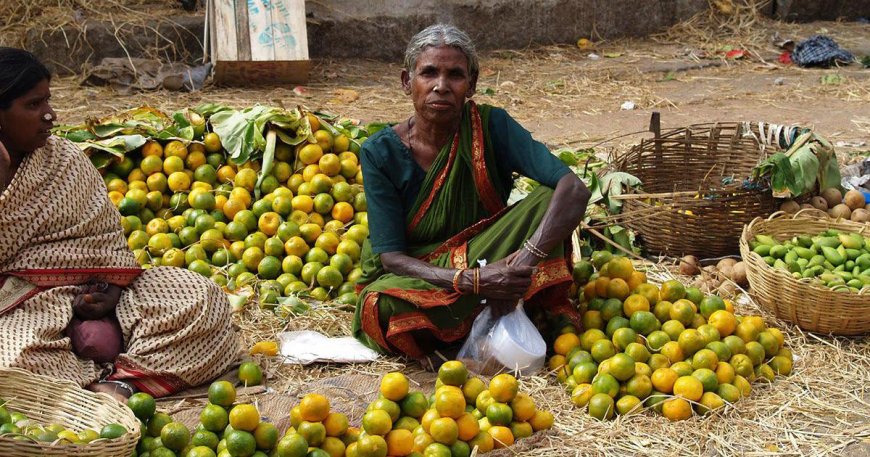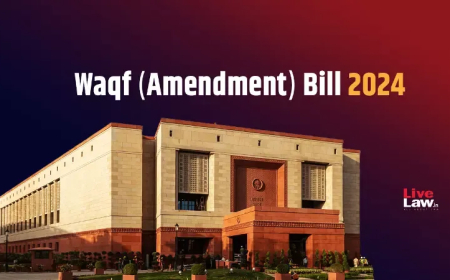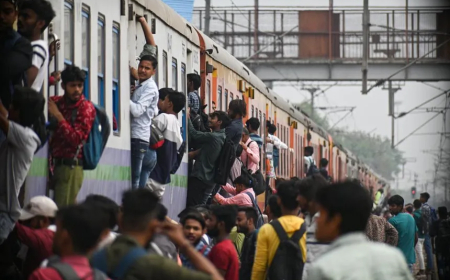Introduction: The Economy No One Talks About
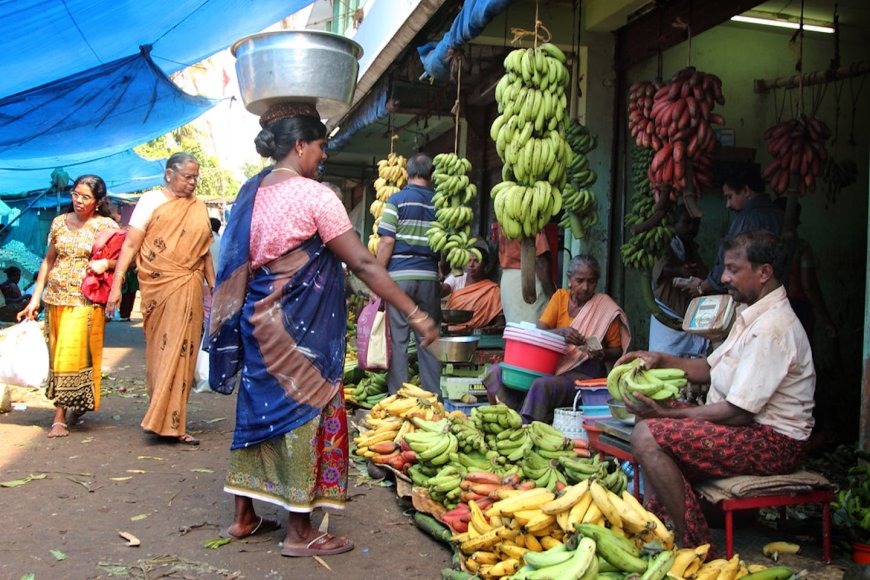
When we think of India's economy, we picture stock markets, IT giants, and billion-dollar startups. But beneath this formal economy lies another, often ignored, yet indispensable economic force—the informal sector.
From chaiwalas and auto drivers to kirana stores and street vendors, millions of Indians operate outside government registration, tax systems, and banking networks. Despite being labeled as “unofficial,” these businesses are the backbone of India’s economy.
But as GST, digital payments, and compliance norms tighten, the government is pushing for formalization. The question is: Does formalization truly benefit small entrepreneurs, or is it forcing them out of business?
How Big is India’s Informal Economy?
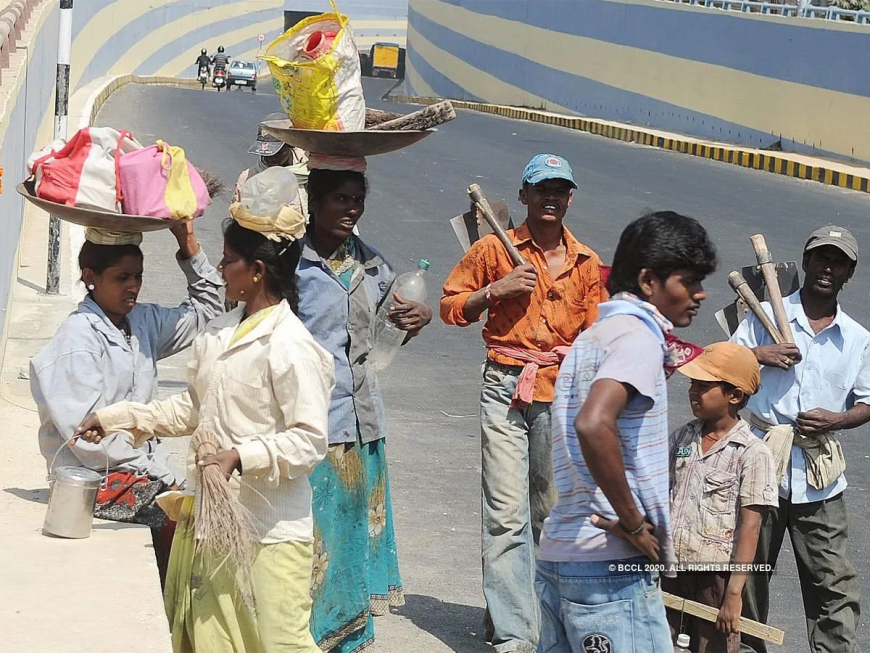
-
The informal sector contributes nearly 50% of India’s GDP.
-
It employs over 80% of the workforce, particularly in rural areas.
-
Sectors like agriculture, construction, street vending, and household work are dominated by informal businesses.
-
Many businesses prefer to remain unregistered to avoid taxes, bureaucratic red tape, and compliance costs.
While policymakers often view the informal sector as a problem that needs “fixing,” the truth is—it keeps millions of Indians employed, drives consumption, and supports local economies.
Why Do Businesses Stay Informal?
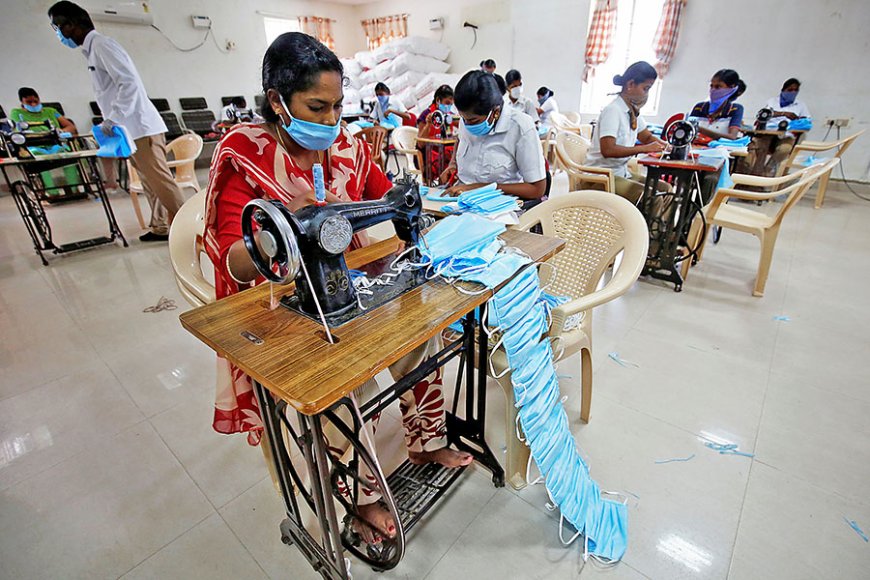
-
Ease of Doing Business (Without the Government)
-
Registering a business in India can take weeks or months, with multiple approvals, bribes, and complex paperwork.
-
Many entrepreneurs don’t have the resources to navigate bureaucracy.
-
High Compliance Costs
-
Once formalized, businesses must pay taxes, maintain accounts, and follow labor laws—all of which increase operating costs.
-
GST registration alone comes with monthly returns, audits, and the risk of heavy fines.
-
Fear of Government Harassment
-
Small businesses often prefer to stay out of the system to avoid harassment by tax officials, labor inspectors, and local authorities.
-
Formalization doesn’t always guarantee protection—many registered businesses still face arbitrary penalties and shutdowns.
-
Cash is King
-
Informal businesses thrive on cash transactions, avoiding bank fees, digital taxation, and government tracking.
-
In many rural areas, digital payments and banking infrastructure are still unreliable.
The Push for Formalization: Is It Helping or Hurting?
In recent years, the government has aggressively pushed for formalizing the economy through:
-
GST & Digital Payments: Forcing businesses to register and maintain tax records.
-
Demonetization (2016): Aimed at curbing the cash economy but ended up hurting small traders.
-
Mandatory Bank Accounts & UPI: Encouraging digital transactions for transparency.
While formalization has benefits, such as better credit access and worker protections, forcing small businesses into the system overnight has led to mass closures and job losses.
Case Study: The GST Impact on Small Traders
-
Before GST, small traders could operate with minimal tax compliance.
-
With GST, many had to hire accountants, file monthly returns, and pay unexpected taxes.
-
As a result, many businesses shut down or shifted back to cash-based operations.
Instead of making formalization easier, the government’s approach has been to punish non-compliance, which discourages entrepreneurship.
Why India Needs a Balanced Approach
Rather than pushing hard formalization, India should recognize the value of its informal sector and adopt policies that:
-
Reduce Compliance Burden
-
Introduce a simple, low-tax regime for micro-businesses.
-
Allow quarterly or annual tax filings instead of monthly ones.
-
Protect Small Businesses from Harassment
-
Improve Access to Credit Without Bureaucracy
-
Encourage Gradual Transition to Formalization
Conclusion: Let Informal Businesses Thrive
The informal economy is not a problem—it’s a solution that supports millions of livelihoods. While formalization has its advantages, it should be a choice, not a forced burden.
India’s economic policies must embrace flexibility, ensuring that entrepreneurs—big or small—can thrive without excessive government interference.
Instead of destroying informal businesses, let’s find a way to empower and integrate them into the economy on their own terms.
